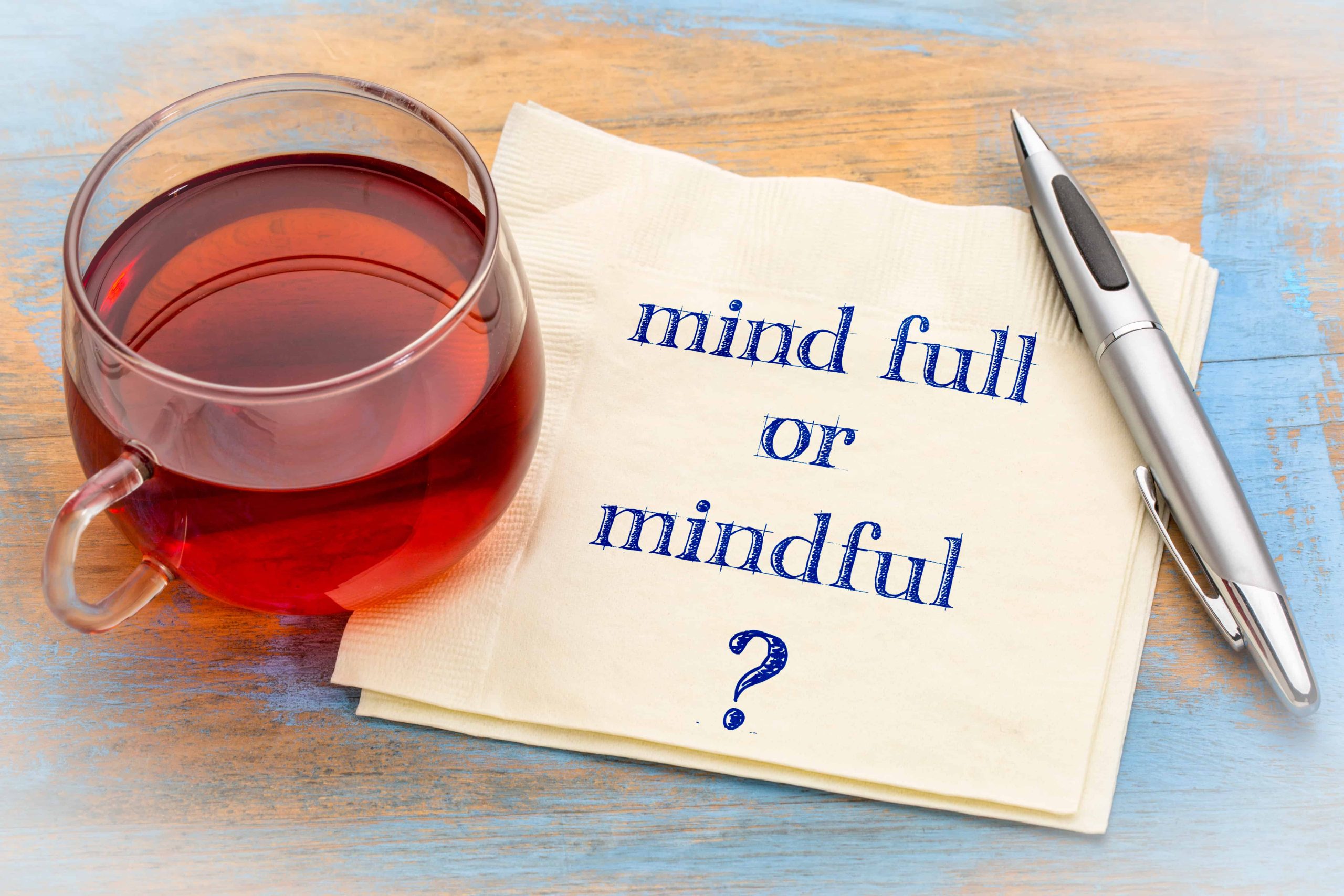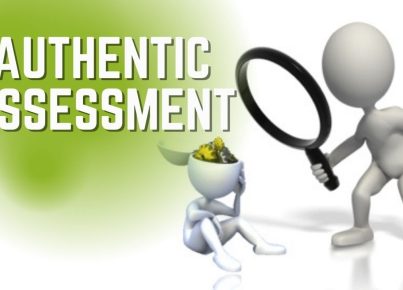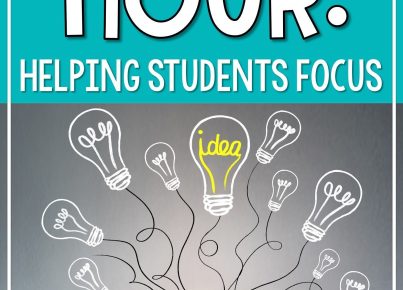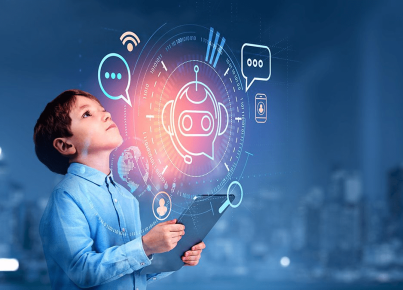In recent years, mindfulness and well-being have transitioned from personal practices to essential professional competencies. As organizations recognize the link between employee well-being and productivity, creativity, and overall performance, the ability to manage stress, maintain focus, and cultivate a positive mindset has become a valuable soft skill in the workplace.
One of the key trends in this area is the integration of mindfulness practices into daily work routines. Professionals are learning techniques such as meditation, deep breathing exercises, and body scans to help manage stress, improve concentration, and enhance emotional regulation. Many organizations are offering mindfulness training programs and creating dedicated spaces for mindfulness practices within the office environment.
Another emerging trend is the focus on work-life integration rather than traditional work-life balance. As the boundaries between work and personal life become increasingly blurred, particularly in remote work settings, professionals are developing skills to seamlessly blend their professional and personal responsibilities. This includes time management techniques, setting healthy boundaries, and practicing self-care as part of overall professional development.
The concept of “emotional fitness” is also gaining prominence. This involves developing emotional resilience, self-awareness, and the ability to manage one’s own emotions effectively in the workplace. Professionals are learning techniques to recognize and regulate their emotional responses, particularly in high-stress situations or during periods of significant change.
Another important aspect of well-being as a professional competency is the ability to foster a culture of well-being within teams and organizations. This includes skills in recognizing signs of burnout in oneself and others, promoting healthy work habits, and creating psychologically safe environments where team members feel comfortable discussing well-being concerns.
The trend towards data-driven well-being is also shaping this competency. Many professionals are using wearable devices and apps to track various aspects of their physical and mental health, from sleep patterns to stress levels. The ability to interpret this personal data and make informed lifestyle choices is becoming an important skill for maintaining optimal performance at work.
As we look to the future, mindfulness and well-being skills are likely to become even more integral to professional success. The ongoing challenges of work intensification, technological overload, and global uncertainties underscore the need for resilience and self-care. Moreover, as organizations increasingly recognize the importance of employee well-being for long-term success, professionals who can contribute to a culture of well-being and demonstrate its impact on performance will be highly valued.
In conclusion, these nine articles highlight the evolving landscape of soft skills in the modern workplace. From emotional intelligence and adaptability to digital literacy and ethical decision-making, professionals are being called upon to develop a diverse and sophisticated set of competencies to navigate the complexities of the digital age. As we move forward, those who can continually refine and expand their soft skills repertoire will be best positioned to thrive in the ever-changing world of work.





